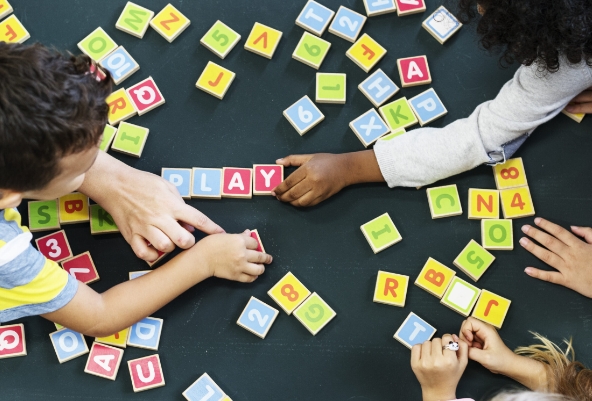Associative play is an important stage in a child’s development where they begin to interact and play with other children. This type of play is particularly beneficial for 3-4 year olds as they learn valuable social and cognitive skills.
1. Developing Social Skills:
Associative play allows children to practice sharing, taking turns, and cooperating with others. This helps them to develop crucial social skills that are important for forming relationships and interacting with their peers.
2. Improving Communication:
During associative play, children learn to communicate their ideas, thoughts, and feelings with others. This not only helps them to express themselves more effectively but also improves their language skills and vocabulary.
3. Encouraging Creativity:
Playing with other children in an associative way can stimulate creativity and imagination. Through collaborative play, children can come up with new ideas, scenarios, and stories, allowing them to explore and expand their creative abilities.
4. Building Confidence:
When children engage in associative play, they learn to interact with others and navigate social situations. This can help boost their confidence and self-esteem as they gain experience in making friends, resolving conflicts, and expressing their opinions.
5. Fostering Empathy:
Associative play teaches children to consider the feelings and perspectives of others. By engaging in cooperative activities and role-playing, children learn empathy and compassion, which are essential traits for building positive relationships with others.
In conclusion, associative play is a valuable and important experience for 3-4 year olds. Through interaction with their peers, children can develop essential social, communication, and cognitive skills that will benefit them throughout their lives. Encouraging and supporting associative play in young children can help them grow and thrive in a social and dynamic world.

